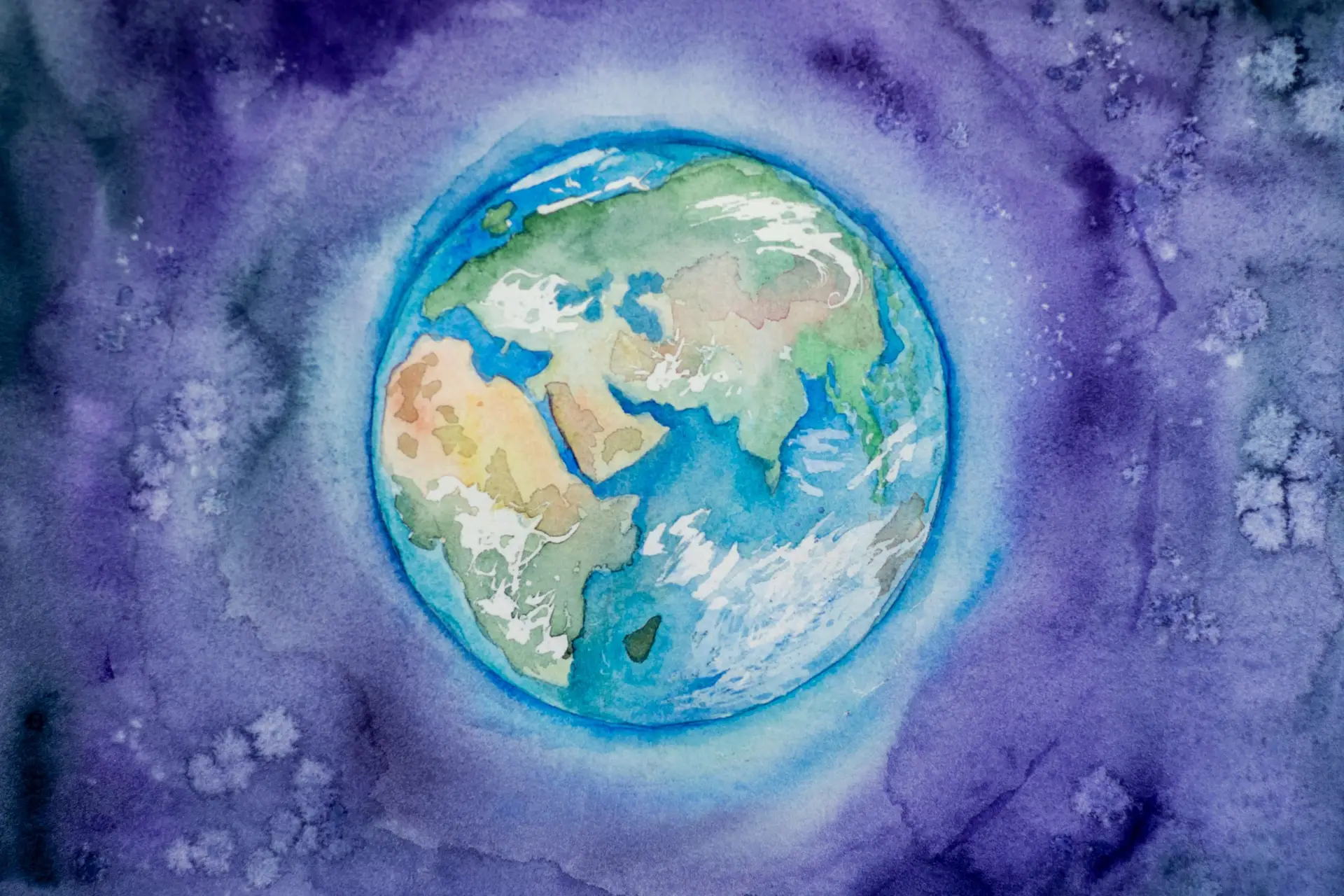Mental health is one of the most crucial aspects of overall health and wellbeing. In recent years, the world has started to take significant steps in tackling mental health problems and raising awareness about the importance of good mental health. As the world observes World Mental Health Day on October 10th every year, a particular day – World Teen Mental Health Day, on March 2nd, is dedicated to adolescents’ mental health. This day aims to raise awareness about the unique challenges young people face, promote positive interventions, and encourage advocacy for their mental health well-being. In this post, we will discuss why World Teen Mental Health Day is essential, what adolescent mental health challenges look like, and what interventions, both at individual levels and systemic levels, are effective.
Challenges
Adolescents face unique challenges as they transition from childhood to adulthood. The biological, social, and environmental changes can leave them feeling vulnerable, stressed, anxious, or depressed. According to the World Health Organization, half of all mental health disorders begin by the age of 14 and three-quarters by the age of 25. Early intervention and support are, therefore, essential in preventing such disorders from progressing and impacting young people’s overall wellbeing. World Teen Mental Health Day provides a platform to learn about these challenges and take meaningful steps towards promoting positive mental health.
Factors of Challenges
Some of the prominent challenges that young people face include academic stress, peer pressure, bullying, social media and internet-related issues, identity formation, physical and emotional changes, and environmental factors like poverty, conflict, and migration. As adults, parents, caregivers, and educators, we need to recognize these challenges, provide appropriate support and create safe spaces for young people to express themselves. Early detection and diagnosis of mental health disorders can also significantly help to avoid severe and long-term impacts on adolescents’ health and wellbeing.
Intervention
There are several interventions and measures that can be taken to promote positive mental health in young people. Alongside providing safe spaces and support, promoting healthy lifestyles, exercise, balanced diet, and sleep are essential. Encouraging social connections, participation in extracurricular activities, hobbies and interests can help young people develop resilience, boost confidence, and foster positive self-image. Mental health education, parenting classes, and community involvement are also effective in building awareness and creating intervention strategies for adolescent mental health.
Changes
Policy and systemic changes are also critical in promoting positive mental health interventions for young people. Governments, schools, and other institutions need to work together to create environments that support mental health. This could mean funding mental health programs in schools, providing resources and interventions, building community networks, and integrating mental health services into primary care. Additionally, promoting gender and cultural sensitivity, addressing poverty and access to healthcare, and eliminating stigma and discrimination are all critical in supporting young people’s mental health.
Conclusion
World Teen Mental Health Day is a crucial event, especially given the challenges adolescents face, exacerbated by the COVID-19 pandemic. It highlights the need for adults to create safe spaces, offer support, and encourage healthy habits. Systemic changes at various levels are essential for mental health awareness and responsive services. Let’s unite in raising awareness not only on this day but every day, empowering young people for healthy and fulfilling lives.
In parallel, Troomi Wireless stands as a commitment to a positive digital experience, safeguarding the mental well-being of the younger generation.
Interested in learning more? Click here.

